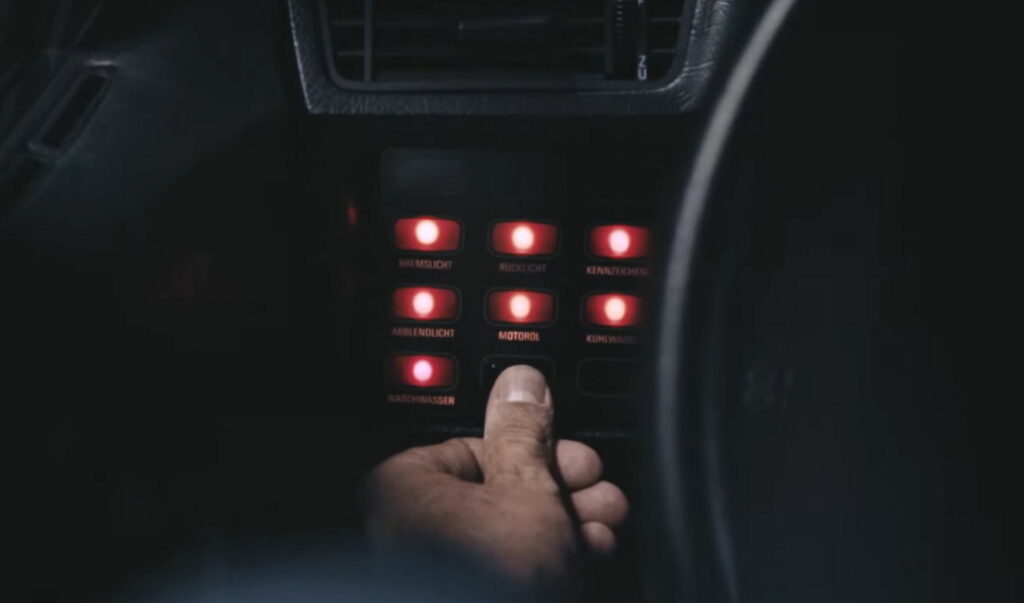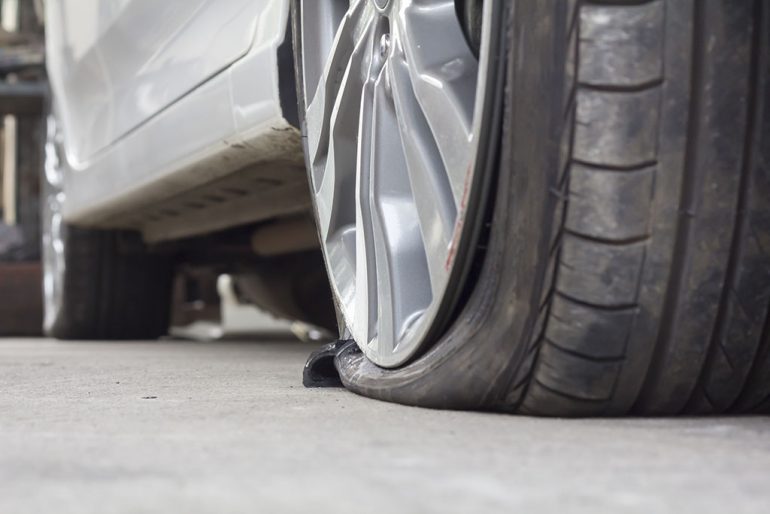
by Sebastien Bell
Now that the seventh-generation BMW 7-Series has been revealed, BMW Group Classic thought that it was the perfect time to take a look back at the history of the model line. The department’s YouTube channel, then, has taken a look back at the very first generation of the car.
The 7-Series was the last model to get BMW’s new numerical naming conventions and was produced from 1977 until 1986 and the top-of-the-line 745i was powered by a big, beefy 3.2-liter inline-six when it was introduced.
That is not, however, 4.5-liters, as the model name would suggest. The hosts explain, though, that’s because the engine was turbocharged, and by BMW’s math, it produced the same amount of power (248 hp/185 kW/252 PS) as a naturally-aspirated, 4.5-liter engine.
Read: This Guy Loves Old BMW 7 Series Models So Much That He Owns 15 Of Them

Proving that BMW was … Read more
